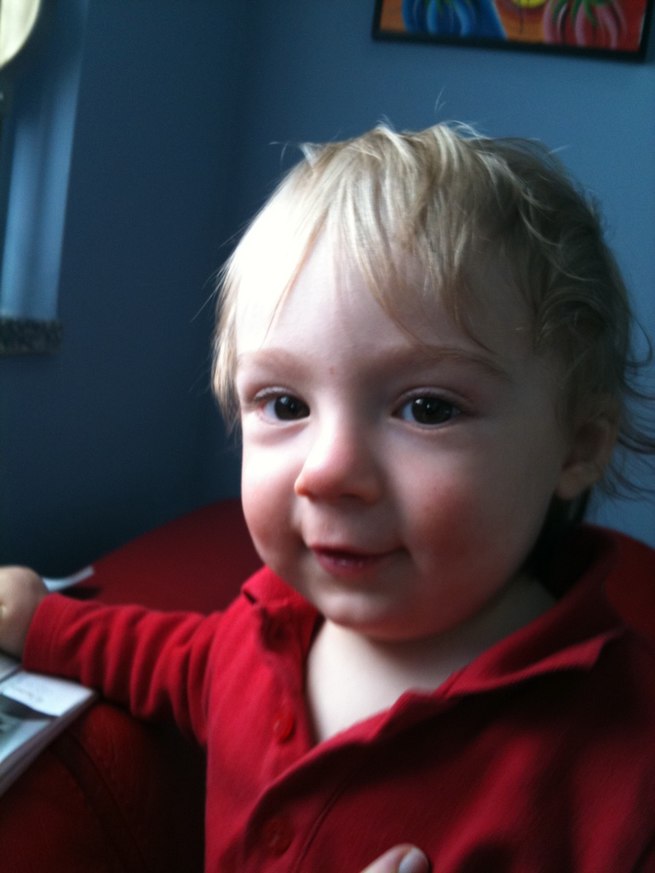
Main Difference
The main difference between Child and Parent is that the Child is a human between the stages of birth and puberty and Parent is a caretaker of the offspring in their own species
-
Child
Biologically, a child (plural: children) is a human being between the stages of birth and puberty. The legal definition of child generally refers to a minor, otherwise known as a person younger than the age of majority.Child may also describe a relationship with a parent (such as sons and daughters of any age) or, metaphorically, an authority figure, or signify group membership in a clan, tribe, or religion; it can also signify being strongly affected by a specific time, place, or circumstance, as in “a child of nature” or “a child of the Sixties”.There are many social issues that affect children, such as childhood education, bullying, child poverty, dysfunctional families, child labor, hunger, and child homelessness. Children can be raised by parents, by fosterers, guardians or partially raised in a day care center.
-
Parent
A parent is a caregiver of the offspring in their own species. In humans, a parent is the caretaker of a child (where “child” refers to offspring, not necessarily age). A biological parent is a person whose gamete resulted in a child, a male through the sperm, and a female through the ovum. Parents are first-degree relatives and have 50% genetic meet. A female can also become a parent through surrogacy. Some parents may be adoptive parents, who nurture and raise an offspring, but are not actually biologically related to the child. Orphans without adoptive parents can be raised by their grandparents or other family members.
A parent can also be elaborated as an ancestor removed one generation. With recent medical advances, it is possible to have more than two biological parents. Examples of third biological parents include instances involving surrogacy or a third person who has provided DNA samples during an assisted reproductive procedure that has altered the recipients genetic material.
The most common types of parents are mothers, fathers, step-parents, and grandparents. A mother is, “a woman in relation to a child or children to whom she has given birth.” The extent to which it is socially acceptable for a parent to be involved in their offspring’s life varies from culture to culture, however one that exhibits too little involvement is sometimes said to exhibit child neglect, while one that is too involved is sometimes said to be overprotective, cosseting, nosey, or intrusive.
-
Child (noun)
A person who has not yet reached adulthood, whether natural (puberty), cultural (initiation), or legal (majority)
“Go easy on him: he is but a child.”
-
Child (noun)
a female child, a girl.
-
Child (noun)
One’s son or daughter, regardless of age.
“My youngest child is forty-three.”
-
Child (noun)
The thirteenth Lenormand card.
-
Child (noun)
A figurative offspring, particularly:
-
Child (noun)
A person considered a product of a place or culture, a member of a tribe or culture, regardless of age.
“The children of Israel.”
“He is a child of his times.”
-
Child (noun)
Anything derived from or caused by something.
“Poverty, disease, and despair are the children of war.”
-
Parent (noun)
One of the two persons from whom one is immediately biologically descended; a mother or father. from 15th c.
-
Parent (noun)
A surrogate mother
-
Parent (noun)
A third person who has provided DNA samples in a IVF procedure in order to alter faulty genetic material
-
Parent (noun)
A person who step-parent or adoptive parent.
-
Parent (noun)
A relative. 15th-18th c.
-
Parent (noun)
The source or origin of something. from 16th c.
-
Parent (noun)
An organism from which a plant or animal is immediately biologically descended. from 17th c.
-
Parent (noun)
Sponsor, supporter, owner, protector. page=1274
-
Parent (noun)
The object from which a child or derived object is descended; a node superior to another node. from 20th c.
-
Parent (verb)
To act as parent, to raise or rear.
Child Illustrations












